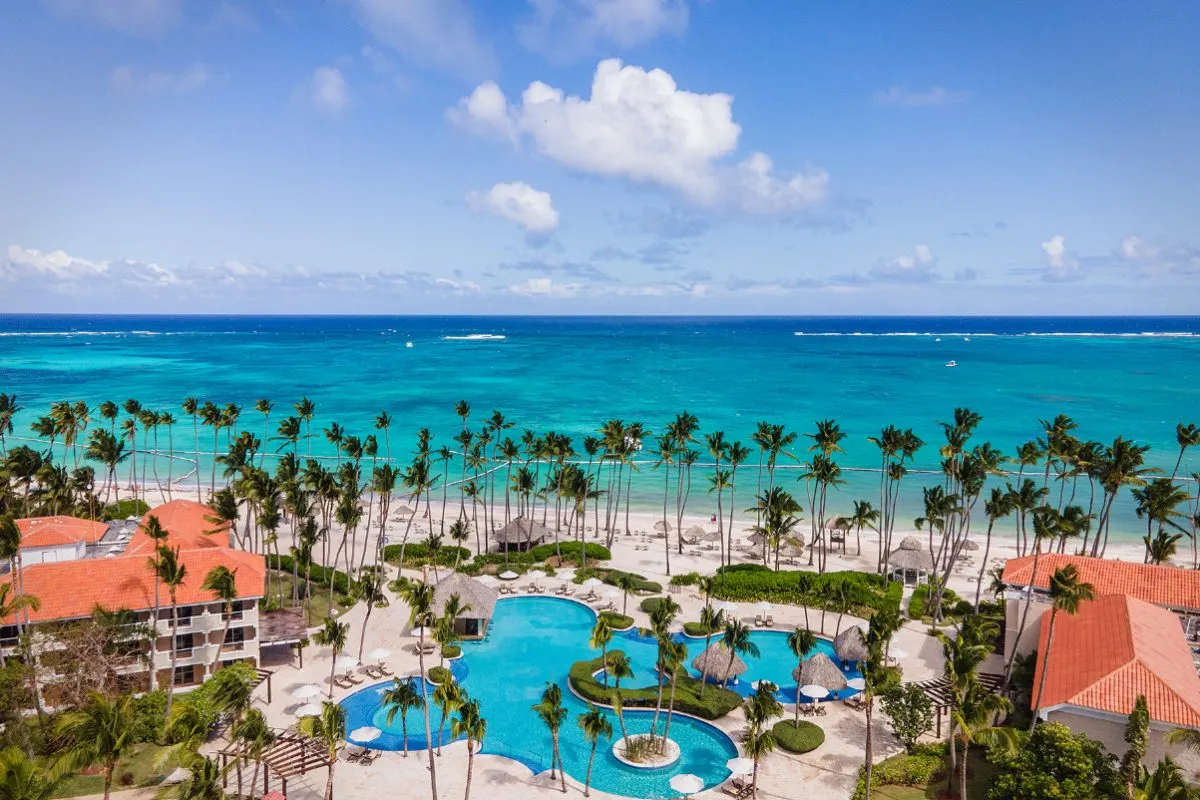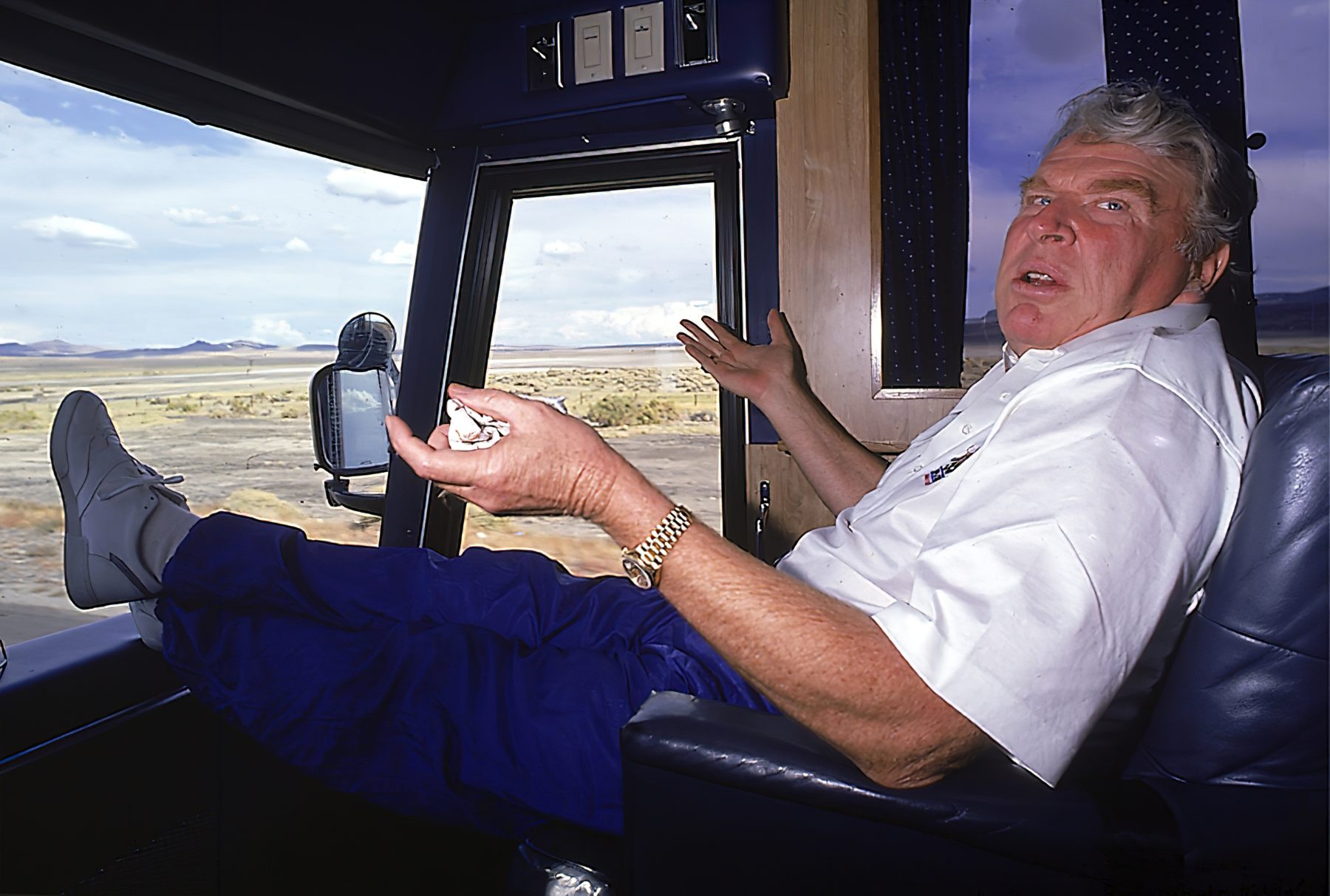Kayak a Decade After Its Acquisition
Skift Take

Skift Daily Briefing Podcast
Listen to the day’s top travel stories in under four minutes every weekday.Good morning from Skift. It’s Thursday, November 10. Here’s what you need to know about the business of travel today.
Listen Now
🎧 Subscribe
Apple Podcasts | Spotify | Overcast | Google Podcasts
Episode Notes
This week marks the 10-year anniversary of the Priceline Group — now Booking Holdings — announcing a deal to acquire travel metasearch company Kayak less than four months after Kayak went public. So how has Kayak, once described as one of the hottest brands in U.S. online travel, fared after being acquired by the world’s largest travel company?
While Kayak isn’t as powerful in metasearch as expected due to fierce competition from Google, it’s still a major player in the travel industry, reports Executive Editor Dennis Schaal in this week’s Online Travel Briefing.
Although Schaal writes Google’s flight and hotel metasearch products have sucked the life out of several rivals, Kayak CEO Steve Hafner said the company has thrived since the acquisition. Hafner cited Kayak’s expansion from 14 to 40 countries in addition to it running three Kayak-branded hotels with hospitality management company Life House.
Meanwhile, Clayton Reid, CEO of tourism marketing company MMGY Global, said Kayak remains relevant for travelers. Reid added that Kayak occupies a more prominent position in the travel planning process than competitors Tripadvisor and Trivago.
Next, Spirit Airlines plans to raise at least $500 million in debt via a deal backed by its loyalty programs. That’s another sign of the high value of loyalty programs to airlines, reports Edward Russell, editor of Airline Weekly, a Skift brand.
Spirit said in a securities filing on Wednesday that the private deal is supported by its Free Spirit and Spirit Saver$ Club programs. The carrier had previously borrowed $850 million in loyalty-backed debt in September 2020. Spirit joins other U.S. carriers that have leveraged their loyalty programs to raise capital coming out of the pandemic, as Russell notes airlines were desperate to boost their balance sheets with cash to weather the travel slowdown. United Airlines, Delta Air Lines and American Airlines have all raised billions through their loyalty programs.
Russell adds that the value of Spirit’s two loyalty programs is currently greater than the carrier’s value on the stock market.
We wrap today in the United Arab Emirates. A major resort development comprised of man-made islands that Dubai is hoping will boost its tourism prospects received $4.6 billion in financing, reports Asia Editor Peden Doma Bhutia.
Dubai-based property developer Nakheel announced it’s secured the money to develop Dubai Islands, located along the emirate’s northern coastline. The company said that more than 80 resorts and hotels, including luxury and wellness resorts, would be built on Dubai Islands. Nakheel added the financing would be used to accelerate other large waterfront projects. The developer announced earlier this year it would rebrand Palm Jebel Ali, an artificial island that has been dormant since 2009.





